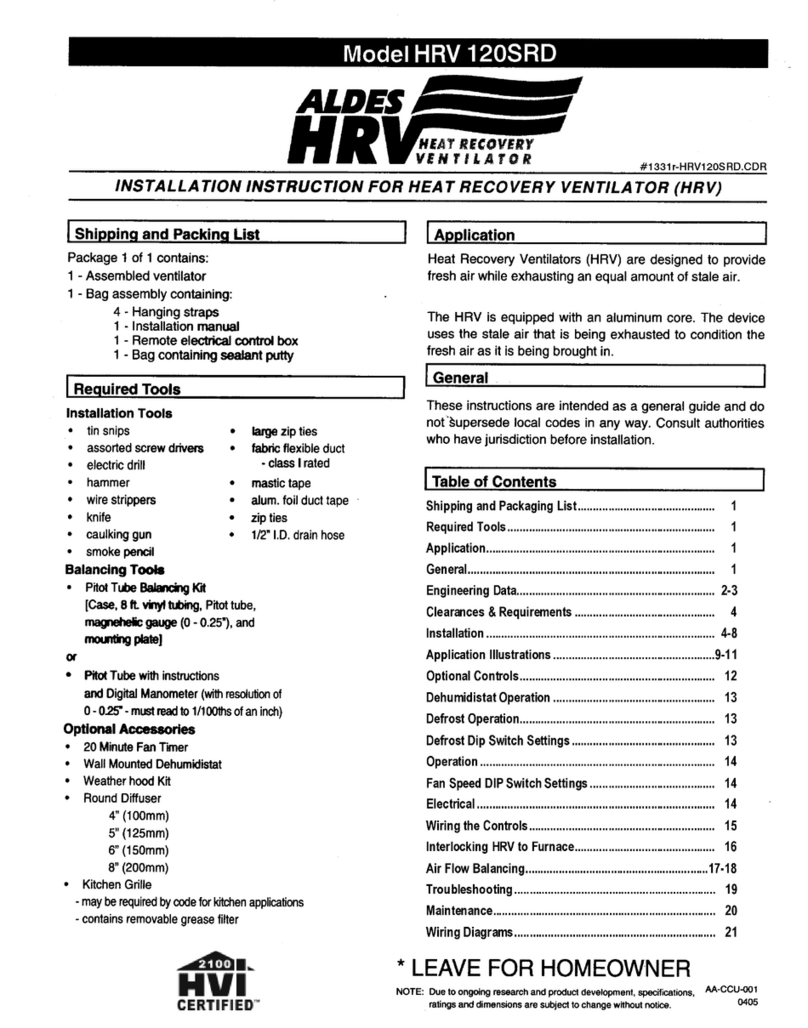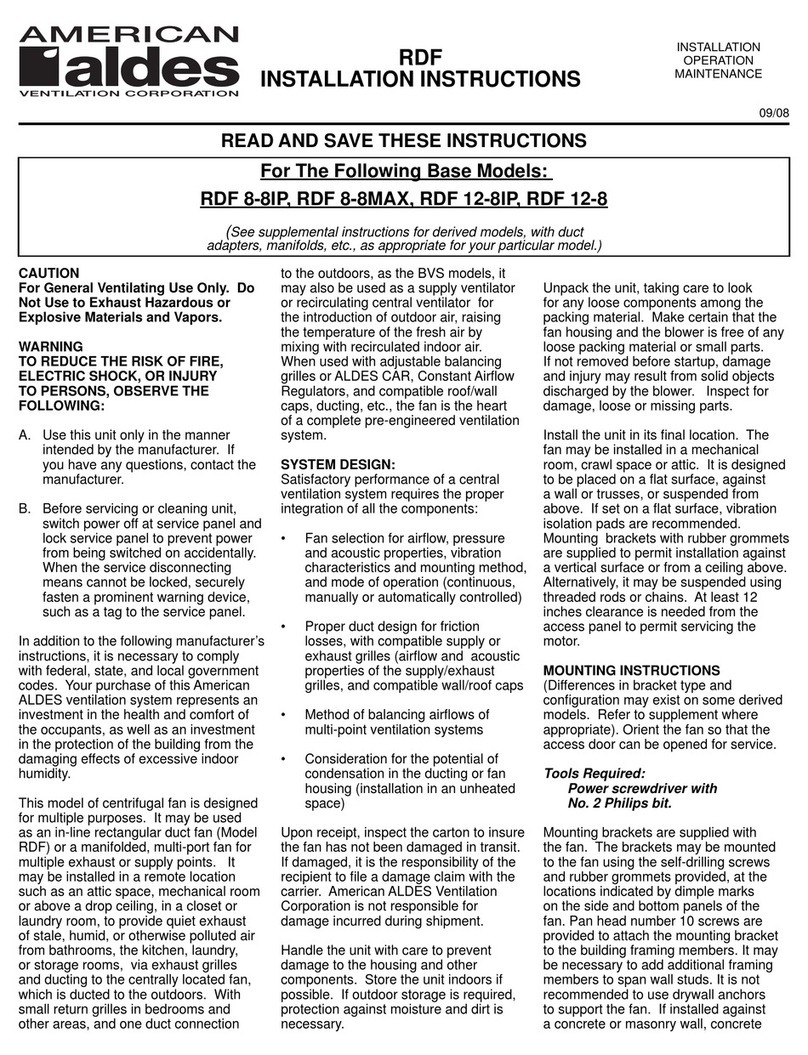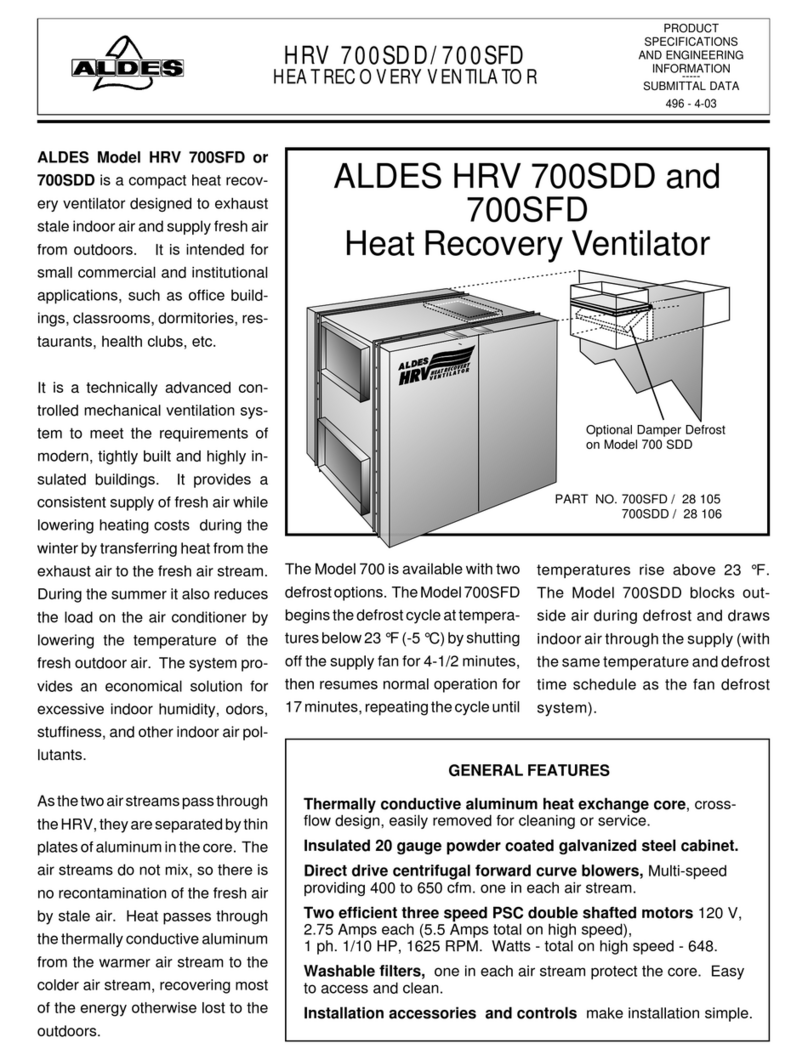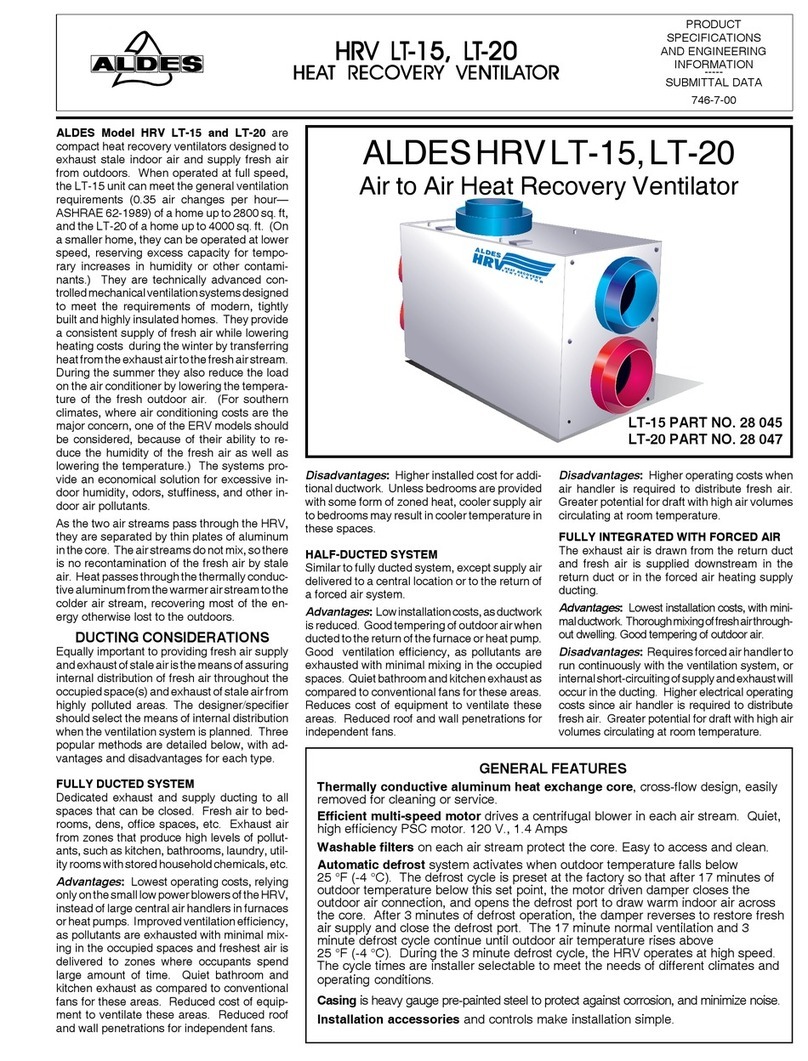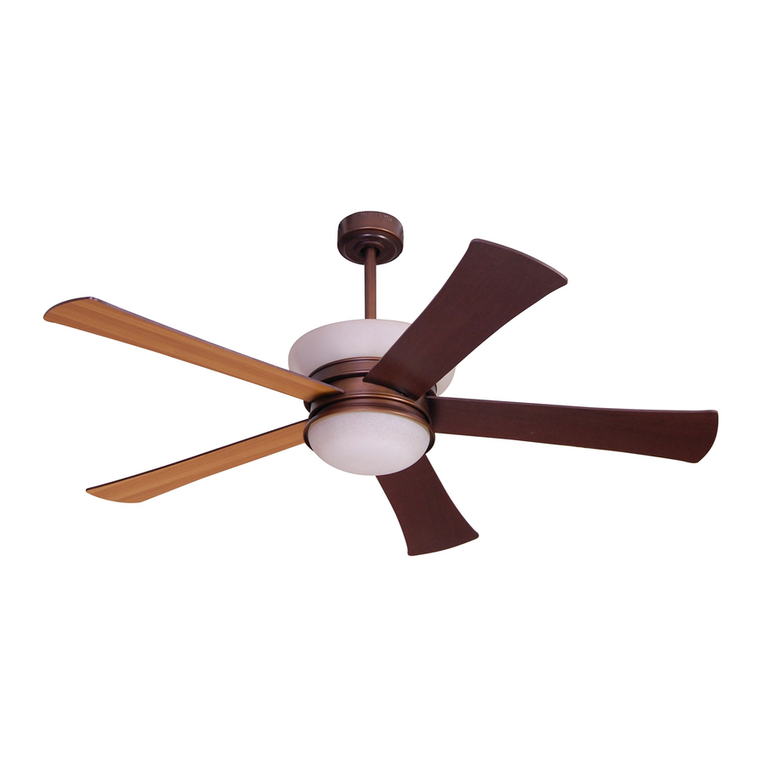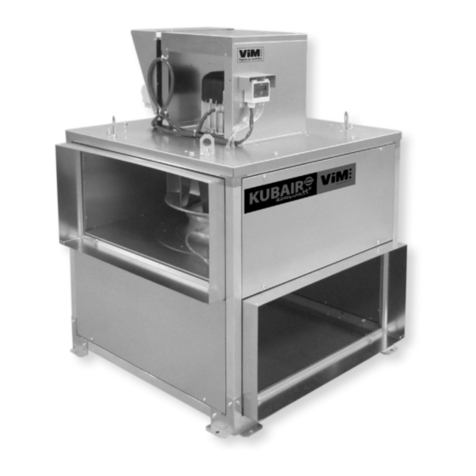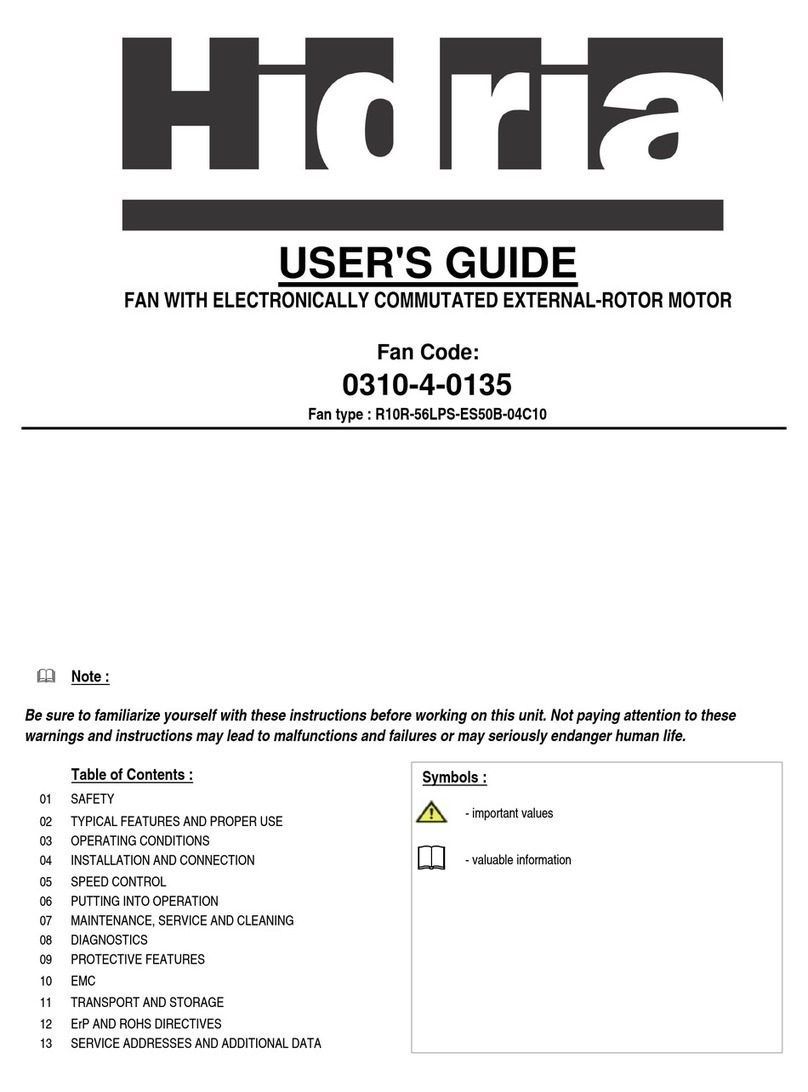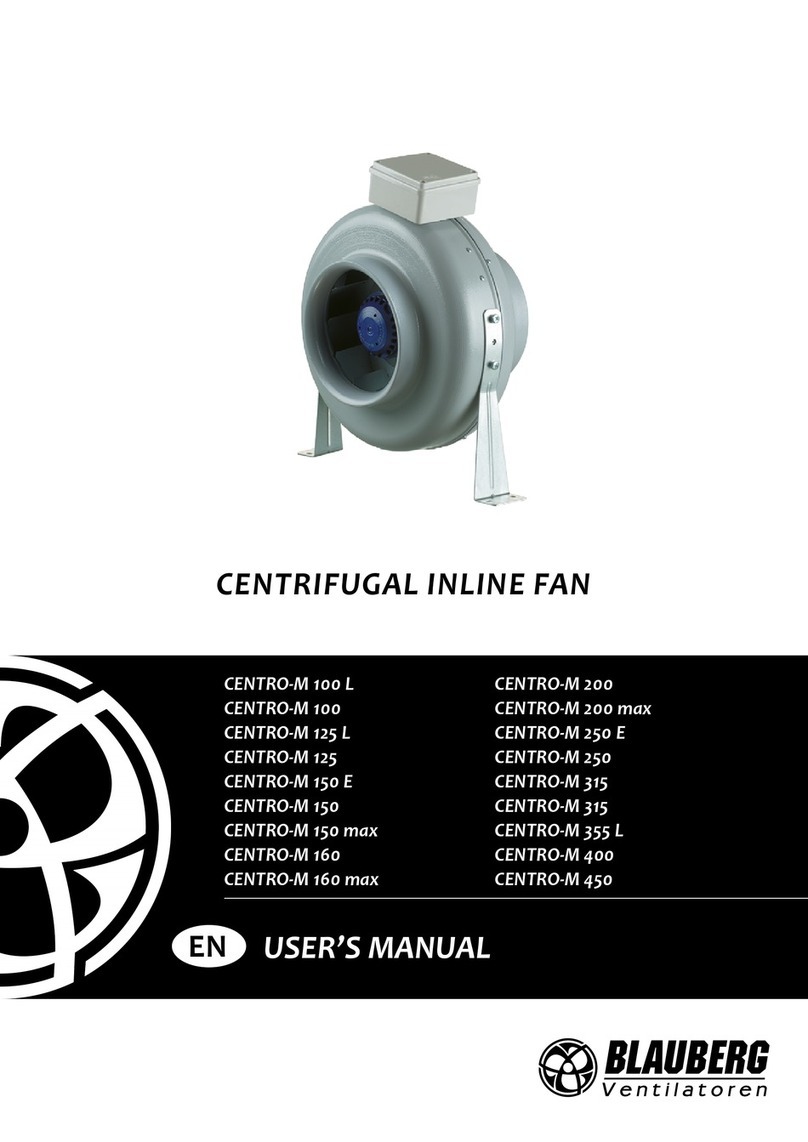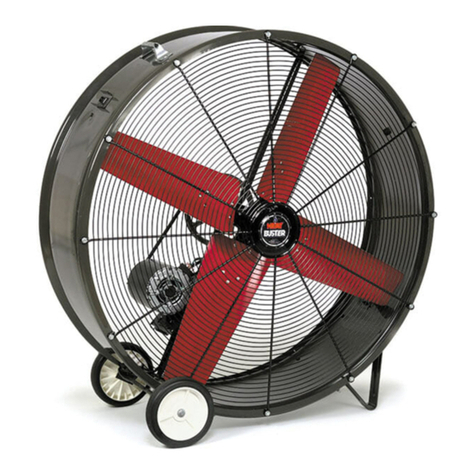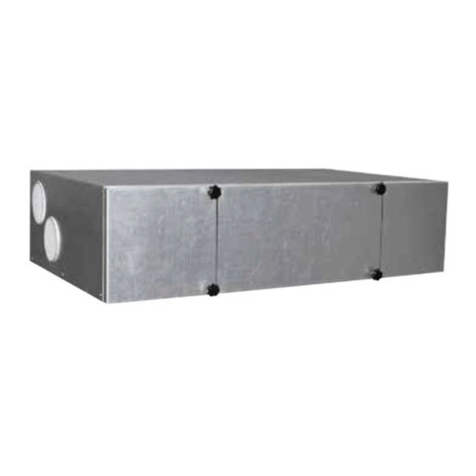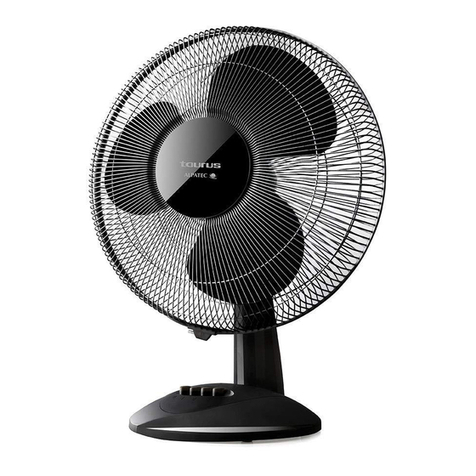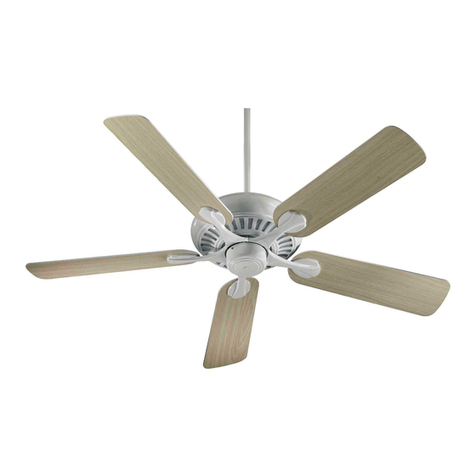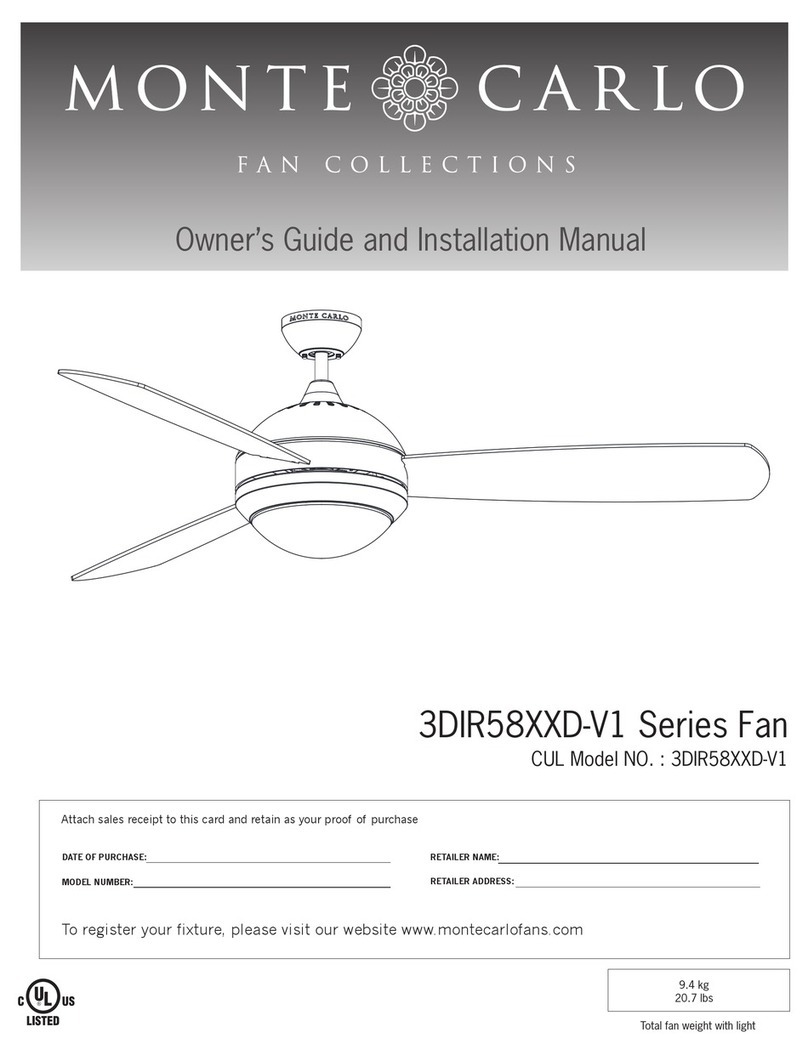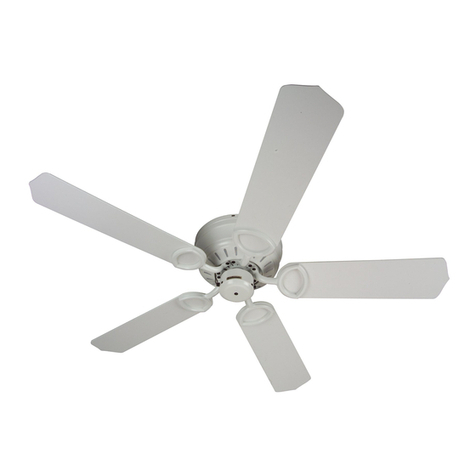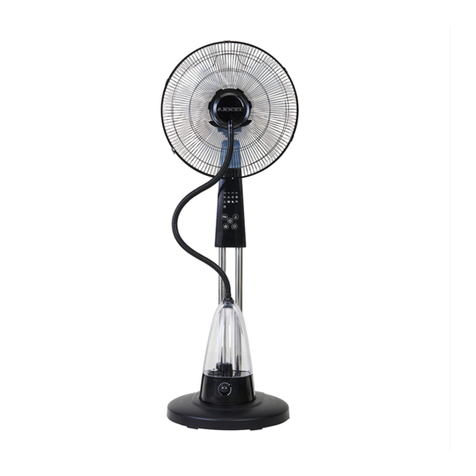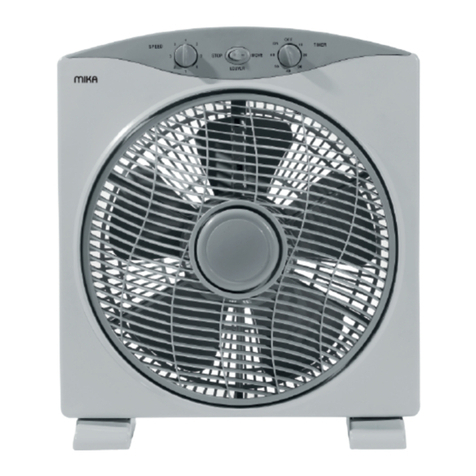
INSTALLATION
OPERATION
MAINTENANCE
Self Regulating Fresh Air Inlet
For indoor Air Quality Ventilation
AIRLET
100
The Airlet 100 is a fresh air inlet designed to supply
make up air ventilation for bedrooms and living areas,
and is not intended to supply combustion air for fire-
places or makeup air for large exhaust fans, such as
range hoods.
The Airlet 100 is compatible with zonal electric, radiant
and hydronic heating systems. It must not be used with
forced air heating systems, unless return registers are
provided in each room in which an Airlet 100 is installed.
This is to prevent exfiltration through the inlet when the
forced air system is operating and doors are closed
between rooms.
For make up air products specifically engineered for
use with forced air heating systems, request an ALDES
FAK from your supplier.
GENERAL NOTES AND SUGGESTIONS
Best results will be obtained in homes with tight air-vapor
retarders, and continuous central exhaust from bathrooms,
kitchen and laundry.
The goal is to achieve a home with slight negative pressure,
to avoid exfiltration into the walls and attic. Install one fresh
air inlet in each bedroom, and living/dining room area(s)1.
Inlets should not be installed in kitchens, bathrooms or
laundry areas. These areas should be exhaust points to a
central exhaust system.
When placed high on exterior walls, drafts from the inlet
should not be noticeable. The interior fixture produces a
thin ribbon of fresh air deflected upwards, which quickly
mixes with the warmer air near the ceiling.
INSTALLATION INSTRUCTIONS
TOOLS REQUIRED
• Saber saw or router
• Drywall knife
• Philips No. l screwdriver
• Silicone or exterior butyl caulk
WOOD FRAME WALL APPLICATIONS
1. Locate air inlets high on exterior walls in bedrooms, living/
dining/family room areas. Avoid placing inlets closer than
6" to the ceiling, or condensation may occur on the ceiling
near the inlet in cold weather. The inlet may also be installed
near baseboard heating.
2. The metal sleeves may be installed either:
• During the framing stage - after the exterior
siding is applied, but before insulation and
interior dry wall is completed.
•After all finish materials are applied.
2.1 INSTALLING BEFORE DRYWALL
2.1.1 First locate the studs, then mark the opening on the
siding. Avoid stud spaces with plumbing or electrical
wires. Cut the opening so that one side is flush with a
stud. Using a reciprocating saw, cut through the siding and
sheathing and remove or dislodge the insulation. Preserve
the insulation for replacement around the sleeve.
2.1.2 From the inside, install blocking between the studs
either above or below the opening cut through the siding.
Install the blocking with a slight slope downward to the
exterior (1/4" per foot slope is sufficient). This slope will
permit any water to drain to the exterior, should driving rain
enter the sleeve.
2.1.3 Install the female part of the sleeve from the outside
and secure it to the blocking with a flat head wood screw
through the edge of the sleeve (drill a small hole in the
sleeve as necessary). See figure l.
NOTE: Be careful to note the location of the inlet so that after
insulation, vapor barrier and drywall is installed, the female
inlet sleeve may be located to complete the installation.
1) Some jurisdictions/utilities may have different requirements.
Consult your code official/utility representative.
EXTERIOR
FLAT SIDING
SHEATHING
SCREW
WOOD
BLOCKING
STUD
FEMALE
INLET SLEEVE
EXTERIOR GRILLE
INSTALLATION ON
FLAT SIDING
FIGURE 1
STANDARD SLEEVE
INTERIOR GRILLE
